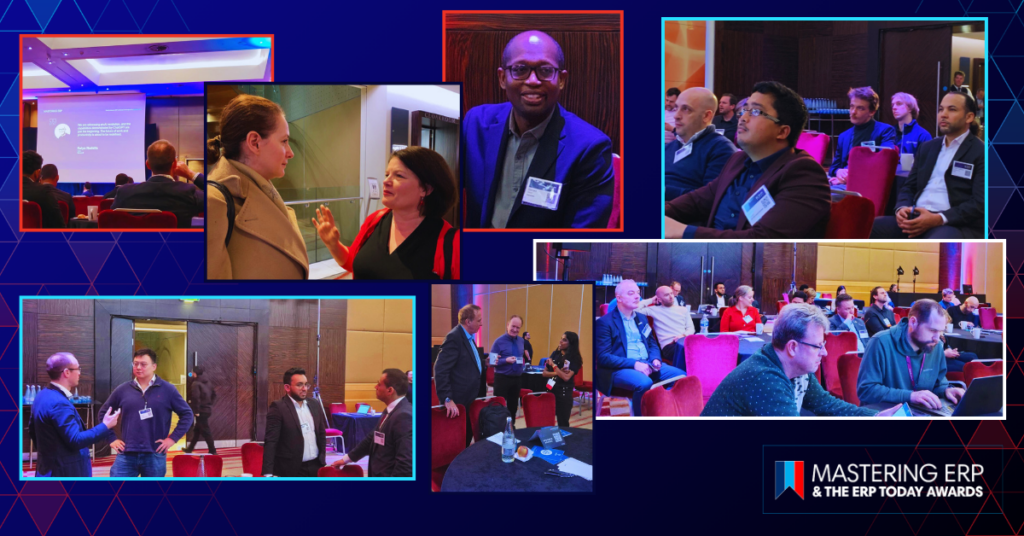In 2020, multinational water, waste management and energy services company Veolia supplied 95 million people with drinking water internationally, 62 million with wastewater service, produced nearly 43 million megawatt hours of energy – and converted 47 million metric tons of waste, with a recorded consolidated revenue of €26bn.
At the same time, Veolia found itself struggling with a Shared Service Center (SSC) serving 30 entities of the group, performing inefficient legacy operations as it was to post incoming invoices. It was time for something to change, but its Czech team in charge of invoice processing was too big and inflexible, with the process being fragmented across entities. For this reason, the SSC decided to launch a new vision of unified invoice navigation and centralize its process, increasing digitization with the help of Rossum, an AI-first platform for end-to-end transactional document processing.
Enhancing the process with RPA and AI
The SSC leadership began by convincing all stakeholders that an overhaul of the internal process held great potential, with the company then embarking on its collaboration with transactional document automation company, Rossum.
However, the assignment wasn’t like any other; Veolia’s SSC director Ondrej Beranek, explained to ERP Today that the cohort of accountants working in the SSC consisted of people who have been in the profession for a very long time. “It’s important to say that most of the accountants had been working in that position since the time I was born and that’s over 50 percent of them. So to change their way of thinking was the hardest thing in the beginning.”
Before the proof of concept (POC), the accountants printed all documents they received as standard. But after the POC demonstrated that the new plan was solid, the team was able to cut this down and the team now openly communicates to its vendors that they don’t accept anything else except electronic invoices – no matter the particular file format.
Partnering up with Rossum on a new unified invoice navigation process, the chosen solution involved invoices arriving in a centralized entity-specific email inbox managed by a UiPath robot and built by the robotic process automation (RPA) consultancy InnovationPath.
The company started using RPA to extract information from invoices such as due dates, as well as an AI tool they call ‘Artificial Accountant’, with Rossum helping train other AI additions to facilitate auto accounting.
The solution was a UiPath robot built by RPA consultancy InnovationPath.
“As a result, we cut the necessity to print,” Beranek says. “Previously the rate was above 80 percent; we are now oscillating between 4 and 6 percent of paper invoices that we still accept from new vendors. But we are pushing them hard to send them via email. It’s getting better and better, but it is most difficult when it comes to invoices from manual labor”.
Although not initially sold on the idea of AI as part of their daily work, when the senior accountants got familiar with the new approach and realized its benefits, they openly embraced the changes. At the same time, Veolia’s AI Associates (the most technically savvy group of former data entry clerks) started operating mainly in Rossum’s validation interface to quickly review documents and handle any exceptions from the norm.
Rossum’s final output is a standardized EDI message which is paired with the other email attachments and sent to each entity’s downstream ERP.
The numbers don’t tell the full story
While continuing to enable Veolia’s work with an overwhelming number of vendors – 60,000 in the Czech Republic alone – the new system has also decreased the need for further clarifications and one-to-one phone calls with vendors, further streamlining the process.
As time went by and some of the accountants reached their pension age and retired, the newcomers were also taught the same process with no impediments, continuing on the same strategy.
In another crucial step for the team, Veolia was able to rework its structure and continue to change the way it treats invoices, with the accountants having time to specialize in high-impact accounting tasks. At the same time, partnering with a foundation in the Czech Republic, the team welcomed new employees from disadvantaged backgrounds, such as people with disabilities that impacted their ability to perform traditional labor and therefore empowered to make a stable living.
This new cohort of mostly remote workers was equipped with laptops and specialized desk equipment as needed to became a valuable part of Veolia’s work. At the same time, the group effort and the work of the AI Associates in the Shared Service Center allowed it to speed up invoice processing by eight times, with time-saving efficiency reaching up to 87.5 percent.
Beranek says that the strategy followed goes to show that when implementing a solution, it’s not just the technology and the numbers that make a difference, “It’s actually change management and convincing people to change their ways” to achieve extraordinary results.
Why this matters for ERP insiders?
In its quest to enhance efficiency and streamline operations, multinational utility leader Veolia has redefined its invoice processing practices. By integrating cutting-edge AI and robotic process automation (RPA) tools, the company has modernized its Shared Service Center (SSC) while fostering inclusivity and sustainability. Veolia’s partnership with Rossum exemplifies how digital transformation can deliver remarkable efficiency gains and unlock new potential for employees.
Key Takeaways
- Leveraging AI and RPA to revolutionize processes
Veolia’s SSC, which previously relied on fragmented and manual invoice processing methods, collaborated with Rossum to centralize and digitize operations. Using AI-driven tools like Rossum’s “Artificial Accountant” and RPA workflows designed by InnovationPath, the team automated tasks such as extracting invoice data and routing EDI messages to downstream ERP systems. These solutions reduced the need for paper invoices from over 80 percent to less than 6 percent, while enabling faster, error-free processing across 30 entities.
- Change Management: The heart of digital transformation
The transformation process required a cultural shift within the SSC, where many accountants were initially skeptical about adopting AI. Through proof of concept demonstrations and hands-on training, employees came to embrace the new system’s benefits. Veolia also empowered its team by creating the role of AI Associates, which allowed former data entry clerks to oversee AI validation and handle exceptions, further solidifying the solution’s effectiveness.
- Inclusive growth and long-term benefits
Veolia’s efforts extended beyond technology. By partnering with a Czech foundation, the SSC welcomed employees from disadvantaged backgrounds, offering remote work opportunities and specialized support. This inclusive approach contributed to the SSC’s remarkable achievements, including an 87.5 percent increase in time efficiency and an eightfold boost in invoice processing speed. The new system also enabled accountants to focus on high-impact tasks, enhancing their roles while ensuring seamless onboarding for new hires.
Veolia’s experience underscores that digital transformation is as much about people as it is about technology. By investing in change management, inclusivity, and innovative tools, the company has set a benchmark for modernizing shared services while fostering a more adaptive and equitable workforce.






